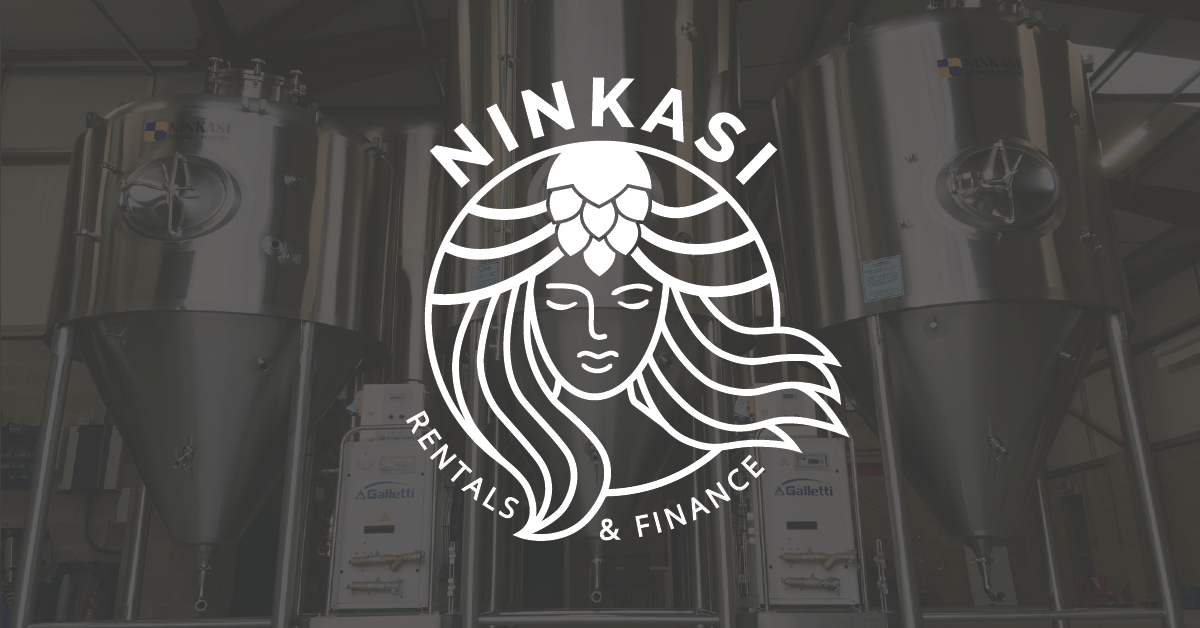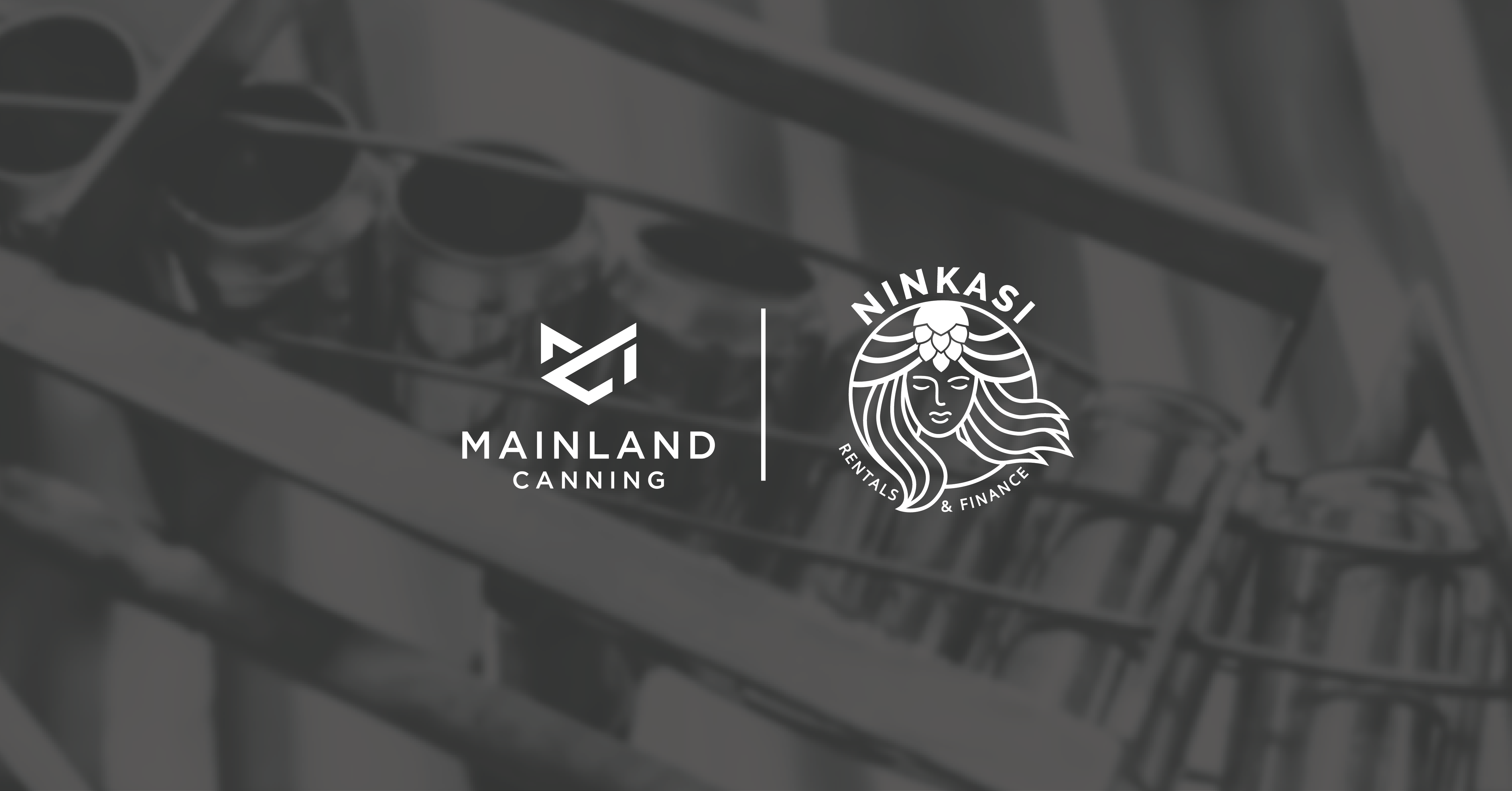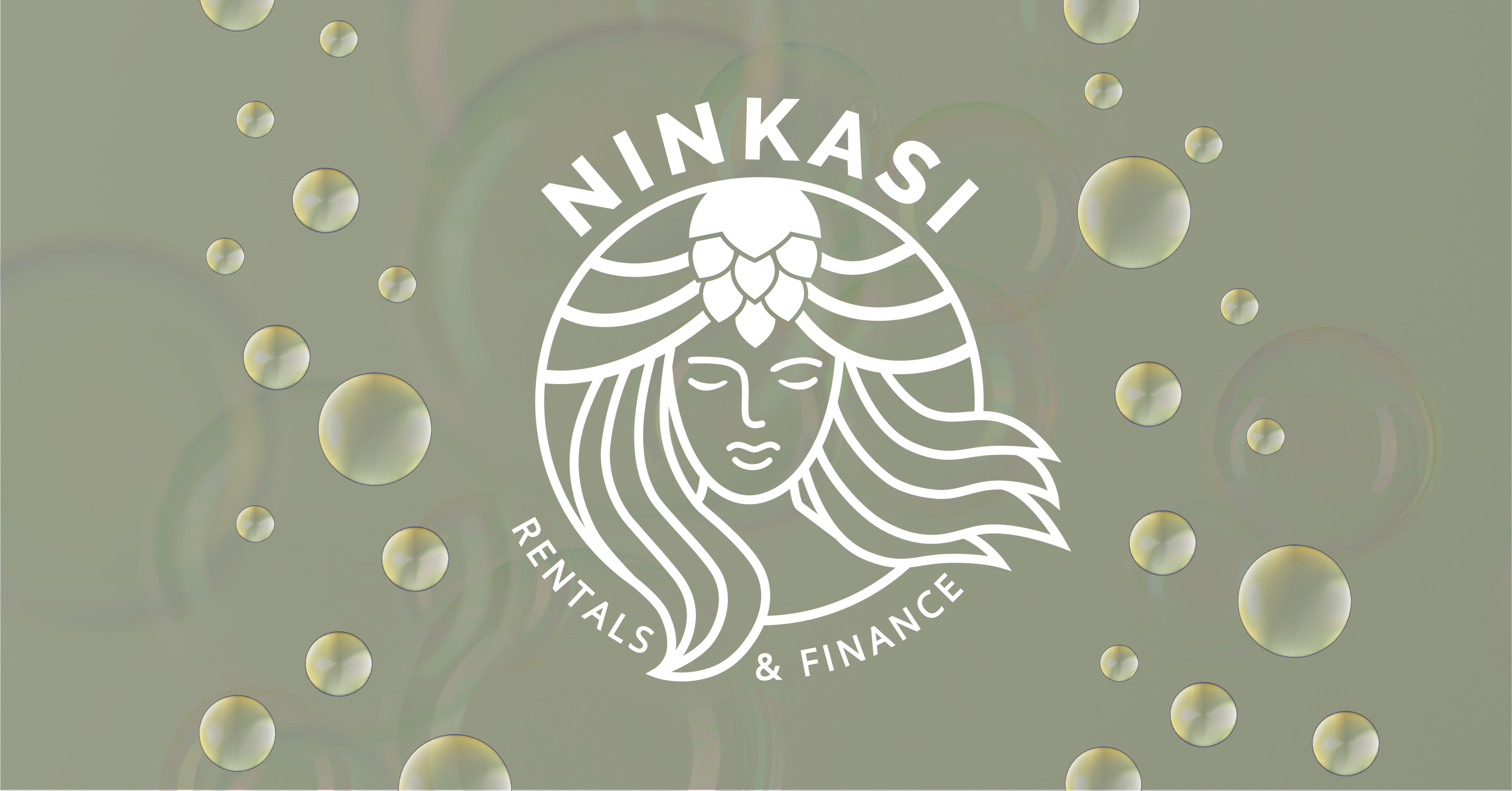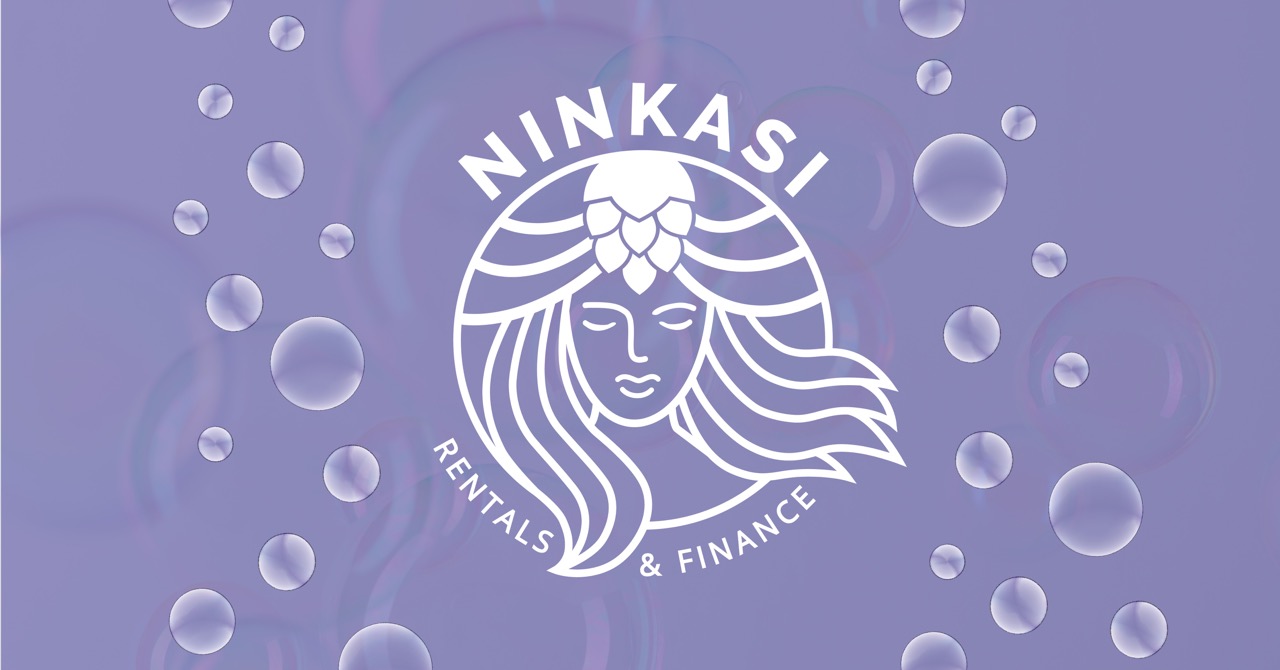
Types of Finance Agreements
A lot of our customers ask us how equipment finance works in the industry and the difference between the various finance options.
There are quite a lot of myths and misunderstanding, below is a simple guide which we hope will help you better understand the terms that finance companies use, and importantly the difference between them.
There are three main finance options offered in the United Kingdom, we have listed them below.
Operating Lease
With an operating lease, the lease will normally run for less than the economic life of the asset, as such the finance company (the lessor) will continue to have an economic interest in the asset. It is therefore expected that the asset will have a significant residual value at the end of the primary lease period.
The customer (lessee) gets to use the asset over the agreed lease/rental period, but the payments made do not cover the full economic life of the asset. As opposed to a finance lease where the full cost of the asset is charged over the life of the agreement.
An Operating lease is likely to also include other additional services, some examples of which would be realising procurement risks, the stocking of goods ‘off the shelf’, delivery/installation of items, insurance and replacing faulty goods from stock.
At the end of the lease period the lessee may have all/any of the following options:
- Return the asset to the finance company
- Continue to rent the asset in terms agreed in an extension period
- Negotiate a custom deal with the finance company
With an Operating lease the assets remain on the lessor’s balance sheet and the rental is treated as a cost item in the lessee’s profit and loss.
A rental agreement is a form of Operating Lease.
Finance Lease
With a finance lease the finance provider (the lessor) buys a specific asset and rents it to the hirer (the lessee) for an agreed period.
The finance lease commits the lessee to make payments for the cost of the asset. As the asset is still owned by the finance company, the lessor manages the VAT and accounting principles for the agreement.
At the end of this period of leasing (usually called the primary hire period) there will normally be several possible options open to the hirer.
- The hirer can sell the asset to a third party on behalf of the finance provider.
- The asset can be returned to the finance provider
- The hirer may enter a secondary hire period, typically for a “peppercorn” amount
Note – A lessor cannot give the lessee a documented right to purchase the asset at the end of the lease for a pre-determined value. This would change the lease into a hire purchase agreement changing the VAT and accounting treatment with negative cash flow implications for the lessee.
For more information about end of term options on a finance lease, please see this article.
Hire Purchase (sometimes called lease purchase)
The point of a hire purchase agreement is that the asset is on hire from the finance provider until the final payment, at which time the title passes to the hirer. As it is understood between both parties that title will pass to the hirer at the end of the initial agreement, a hire purchase agreement is treated as a purchase for tax purposes, accountancy, etc.
With a hire purchase agreement, the hirer is therefore required to pay all the VAT due on the asset purchase up front, in addition to any deposit required by the finance company.
The hirer must treat the asset as owned, so it must be shown on its balance sheet and depreciated in line with its usual accounting standards. Of course, this this has implications in terms of other borrowing or covenants that the bank may have on the business.
We hope that you found this article useful, and as always if you have any questions, please just speak to us.
James, Paul, Theo, George, Oli and Liam
The Ninkasi Team
You can read more about different finance products by following any of the links below:
https://www2.deloitte.com/uk/en/pages/audit/articles/ifrs-16-leases.html/
https://www.ukbusinessforums.co.uk/threads/finance-lease-for-van-ending-what-do-do.345456/
https://www.advanceleasing.co.uk/services/end-of-lease-services/
https://www.bermans.co.uk/asset-finance-publications/article1/
Please note that all information contained within these articles is produced as summary of our experiences and does not constitute financial advice. Any information contained within third parties’ documents are not attributable to Ninaksi Rentals and must be read at your own discretion. Ninkasi rentals always advise that independent financial advice should be taken before signing any financial documents.





